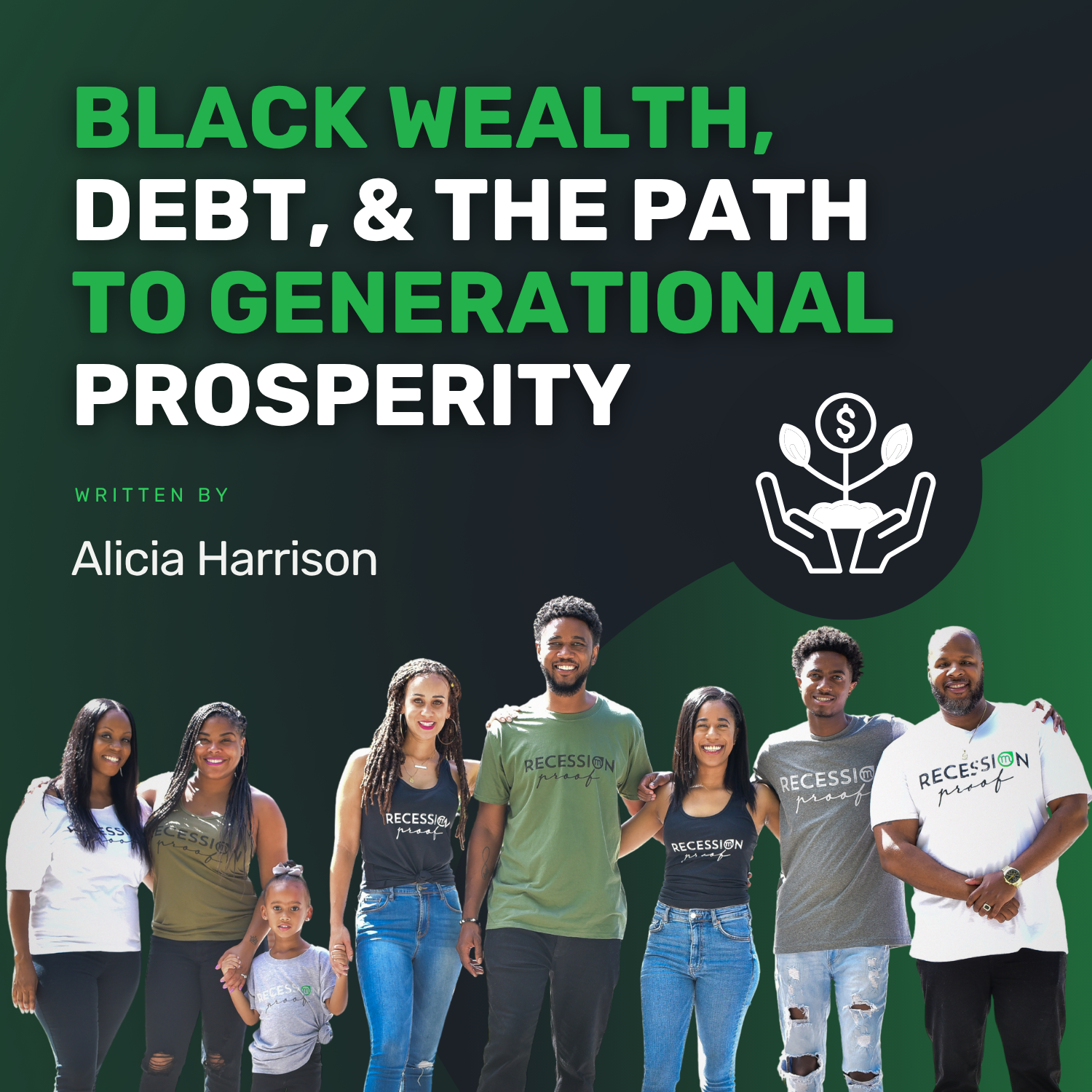
Mental Health Awareness
Imagine a world where everything around you begins to crumble. There is an abundance of ailment and sickness, unrelenting confusion and few immediate resources. For many, this was life prior to the pandemic. Now, atop mounting financial obligations and daily struggles to survive – mental health is carrying the load. There has always been a negative stigma attached to mental illness in minority communities. Within the black community, strength has been the narrative for overcoming some of life’s greatest challenges. How dare mental illness take a seat on the front pew and block the blessing that is overcoming, right? The uncomfortable truth is that when mental illness is present – seeking assistance, educating oneself on both remedies and treatment, along with improving other dynamics of life can seem all but impossible. Often times, we realize when something is wrong before we care to acknowledge that something is wrong. And unfortunately, we tend to place our health and preservation of self on the backburner when there is a financial cost attached to fixing the problem(s).Financial planning is essential to life in this country. No one is going to dispute that statement, as it has been proven true time and time again. Teaching financial literacy, however, to those who have existed in destitute conditions for most of their lives presents an incredible challenge.
For members of minority communities, stress is often doubled and tripled with just the thought of paying copay after copay, to get a referral on top of another referral. We’d be beyond naïve to think that mental illnesses aren’t heightened because of the difficulty involved in getting assistance. Building wealth in black and brown communities is long overdue, which is why financial literacy is a lifelong curriculum we must never tuck into the shelf. There must be intentionality in building facilities, growing programs and cultivating healthy mental outlets for people of color. Resources must be just as easily accessed as Facebook, Instagram and Twitter. People need now more than ever the everlasting reminder that “you are not alone.” A person struggling with mental illness must not be tossed aside until he or she simply becomes classified as a “burden to society.” So many minority men, women and children are going to school and work each day with unexplainable feelings and thoughts that could manifest into something much worse. We must create safe spaces for mental illnesses to be addressed.
Working adults need safe spaces in the workplace, where they can do more than simply eat lunch and gaze out at the parking lot. A job should not be able to ruin a worker’s mental health and then disqualify him/her from acquiring disability insurance. Not all disability insurance policies will cover certain mental illnesses. Did you know that if an applicant were in treatment for a condition such as anxiety or depression prior to taking out the policy, it would usually be treated as a pre-existing condition that could limit eligibility or exclude future claims? Just imagine leaving medical school or a work environment shortly after being diagnosed with anxiety and making the decision to become a full-time entrepreneur. Now you’re seeking an independent policy with what is technically a newly acquired, yet still “pre-existing” condition. Companies like Thrive, BetterHelp, TalkSpace are slowly infuriating in employee assistance plans. However there are many employers who don’t have the options to offer counseling. During this Mental Health Awareness Month, it is imperative that we thoroughly examine the correlation between health and wealth in this country. More importantly, it is a must that we pour both our attention and resources into building intentional wealth in minority communities.

.svg)





